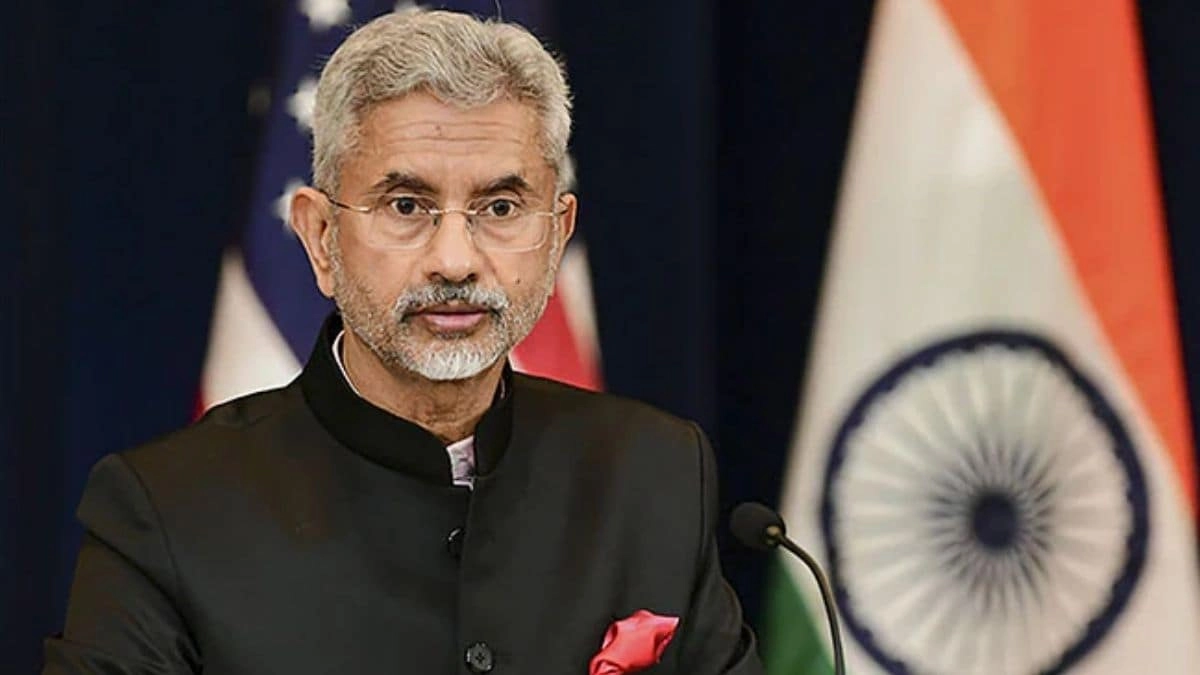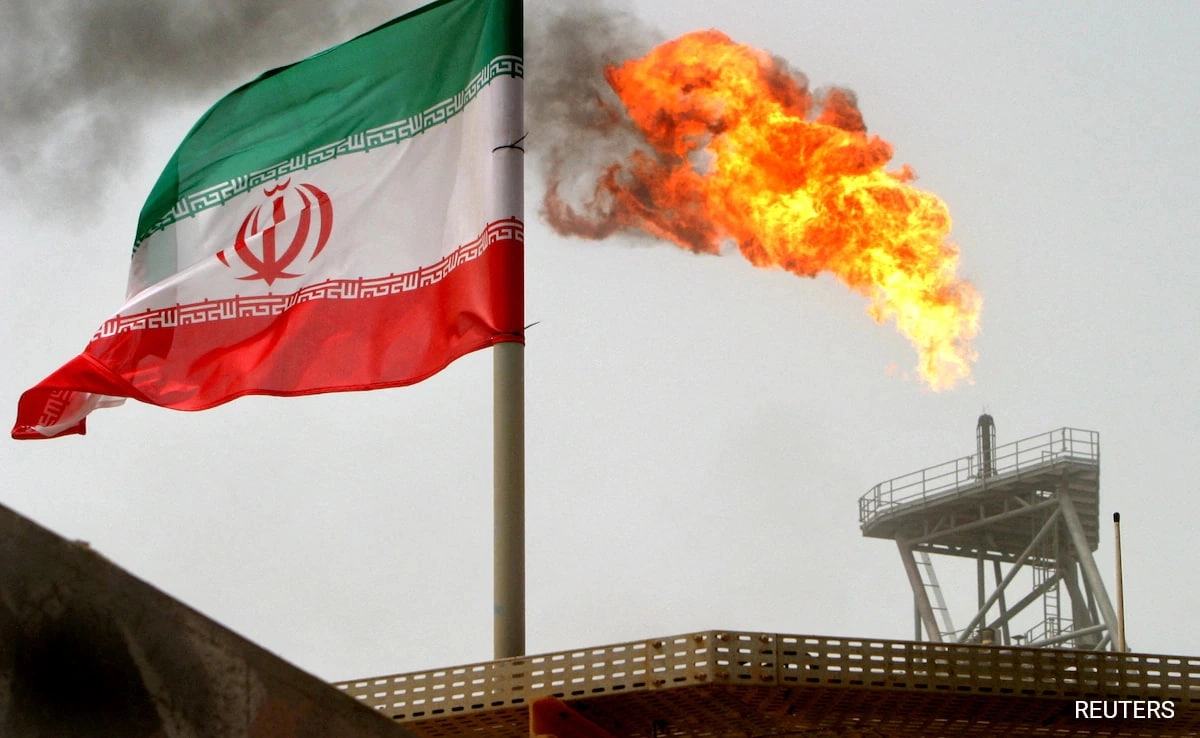In recent discussions surrounding U.S.-Pakistan relations, Indian External Affairs Minister S. Jaishankar provided significant insights that delve into the historical complexities of the partnership between the two nations, particularly in the context of counterterrorism. His remarks highlight the intricate web of diplomatic ties shaped by past events, including the pivotal role that figures like Osama bin Laden played in influencing global perceptions of Pakistan. Jaishankar’s reminders serve not only as a critique of Pakistan’s actions but also as a call for a more nuanced understanding of the historical backdrop that continues to affect regional stability.
Jaishankar pointed out that the U.S. has often overlooked certain historical facts when assessing its relationship with Pakistan. He emphasized that the legacy of Osama bin Laden, who was found and killed in Abbottabad, Pakistan, serves as a stark reminder of the contradictions inherent in U.S.-Pakistan ties. This incident raised questions about Pakistan’s commitment to combating terrorism and highlighted the challenges faced by the international community in addressing security threats emanating from the region. By invoking these historical events, Jaishankar urges a reevaluation of how the U.S. engages with Pakistan, suggesting that a deeper understanding of the past could inform more effective strategies in the future.
Moreover, Jaishankar’s comments resonate with broader concerns regarding the fight against terrorism and the importance of accountability. His remarks imply that the U.S. must critically assess its alliances and the implications of supporting nations that have been historically linked to extremist networks. By addressing these past grievances, he advocates for a more responsible approach to diplomacy that prioritizes regional security and stability. The relationship between the U.S. and Pakistan is complex, and the history of collaboration and contention requires careful navigation to ensure that both nations work towards common goals.
In conclusion, S. Jaishankar’s reflections on U.S.-Pakistan relations and the historical context surrounding Osama bin Laden underscore the need for a more informed and critical approach to international diplomacy. By acknowledging the lessons of history, policymakers can strive for a partnership that is not only pragmatic but also grounded in a commitment to combating terrorism and fostering regional peace. The future of U.S.-Pakistan ties hinges on a collective understanding of their shared past, which could ultimately pave the way for a more stable and secure South Asia.




